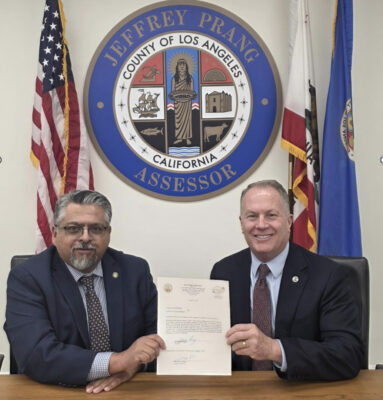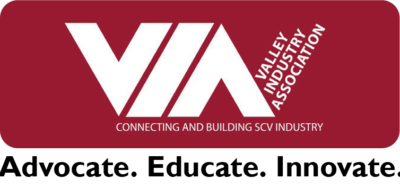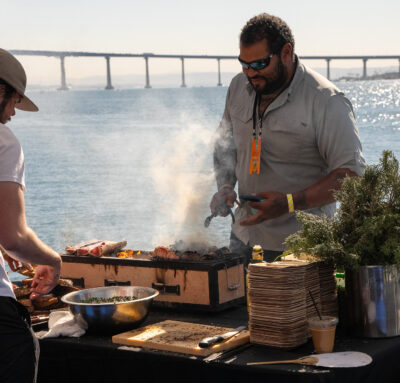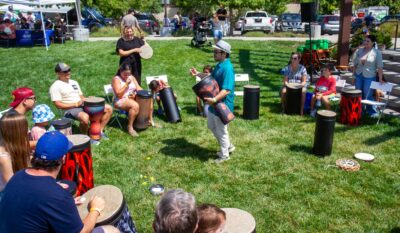For the past few weeks, we’ve so much enjoyed watching a pair of doves court, bond and build a nest in our garden. They took turns incubating their eggs, and once they hatched, we watched the parents feed and protect their featherless, blind hatchlings.
Just a couple of days ago, the young doves left the nest, though they still seem to rely on their parents for food and safety. I guess the Laws of Nature will show us, this final nurturing stage will itself soon pass.
Watching this from our window made me reflect on the vital role of a supervisor in the workplace. Like the dove parents, a strong supervisor creates a safe, supportive environment where team members can grow and thrive.
New employees — like hatchlings — start out inexperienced and need training, guidance and encouragement. The supervisor, like the doves, must be present and consistent, ensuring each team member feels supported and valued.
Even when the work isn’t glamorous — like the doves regurgitating food — supervisors often handle the behind-the-scenes tasks essential for growth. As employees gain confidence and skill, they begin to “fledge,” taking on more responsibility. Still, like the young doves lingering near the nest, they may continue to seek mentorship and reassurance until they’re fully ready to fly solo.
Ultimately, the supervisor’s goal is to support growth and independence, trusting that with the right environment and care, team members will eventually soar.
Now, come back with me in your mind’s eye into our garden, where another bird has caught our attention — a finch who seems convinced that a reflection in one of our picture windows is a potential mate.
We’d placed a garden-themed window covering on one pane that, when sunlight hits just right, creates the illusion of another bird. For nearly the same duration that the doves nested and raised their young, this finch has repeatedly flown into the glass for hours each day, trying to reach what he believes is the future mother of his offspring. After four weeks, I find myself thinking, “Dude, that’s not your mate. Move on.”
This finch is a striking metaphor for employees who get stuck in a rut, repeating the same unproductive behaviors while expecting different results. While the doves were investing in real growth, the finch became fixated on an illusion. He didn’t adapt or question the pattern — he just kept banging his head against the same obstacle, day after day.
It’s a scene that echoes “Who Moved My Cheese?” by Spencer Johnson. In the book, characters face the loss of something familiar — their “cheese.” Some, like Sniff and Scurry, adapt quickly and look for new opportunities. Others, like Hem, resist change and hold onto false hope. The finch, like Hem, can’t let go of the illusion. He stays stuck, hoping for a different result, while others — or our doves — adapt, grow and move on.
Growth and success require adaptability. Without self-awareness and the courage to reassess our habits and mindsets, we risk becoming like the finch — chasing something that no longer exists while others evolve and thrive.
Some workers fall into this trap, clinging to familiar routines or outdated roles, waiting for progress to find them. But real growth requires action — developing new skills, embracing change, and staying alert to what’s real rather than what’s comfortable. Organizational psychologists call this a “growth mindset.”
I hope the lesson here is clearer than our picture window: Whether you’re a supervisor nurturing your team or an employee trying to stay employed in an ever-changing working landscape, the key is to keep learning, adapting and moving forward. Otherwise, you might find yourself stuck at the same window, wondering why your old approach no longer works.
As Einstein famously said, “the definition of insanity is doing the same thing over and over and expecting different results.” In today’s fast-moving workplace, we must adapt — or risk spending our energy chasing reflections that were never real in the first place or were there yesterday but they’ve gone today, never to return.
Paul Butler is a Santa Clarita resident and a client partner with Newleaf Training and Development of Valencia (newleaftd.com). For questions or comments, email Butler at [email protected].













